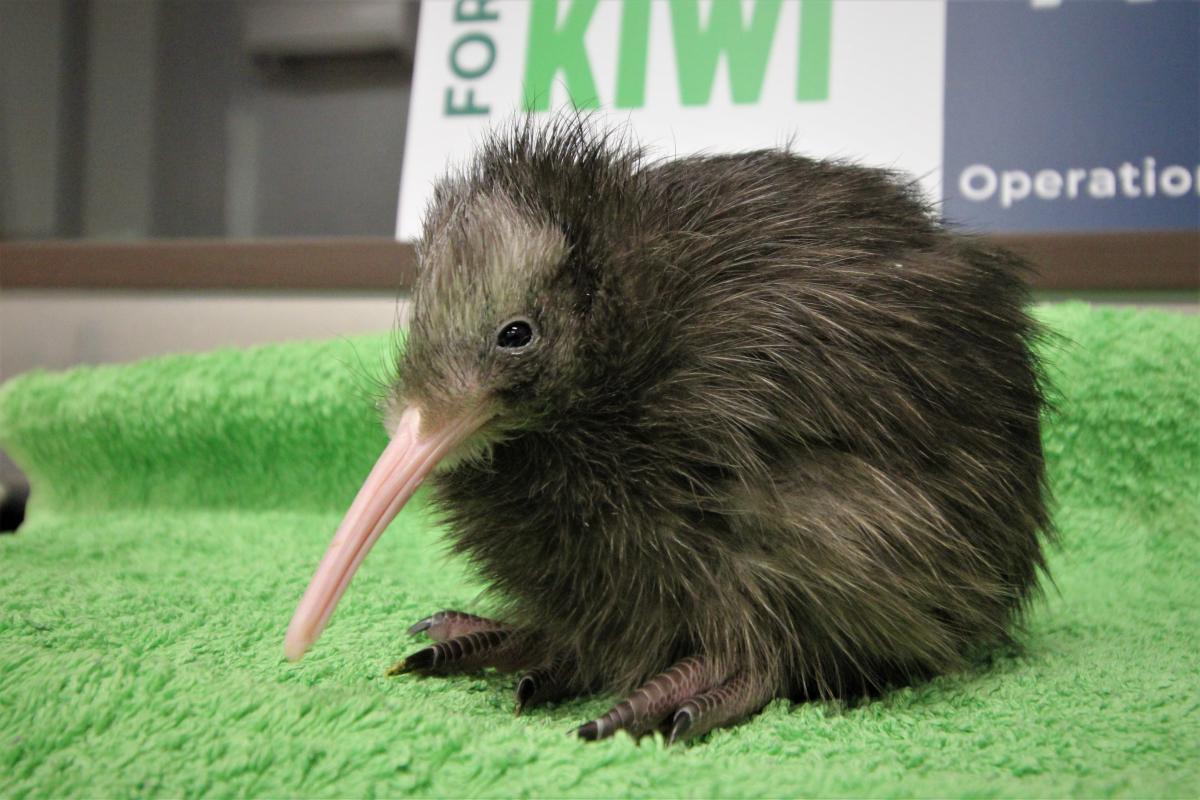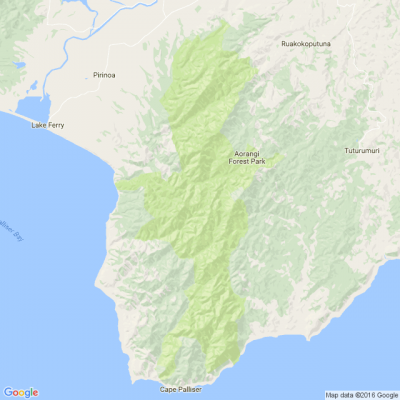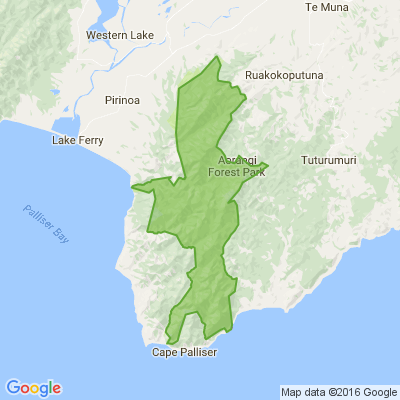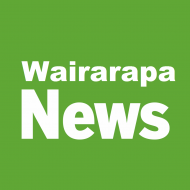PM's kiwi hatches at Pūkaha
Pūkaha National Wildlife Centre is pleased to announce the successful hatching of Koha Te Aroha, the small kiwi chick named by Prime Minister Jacinda Ardern. The Prime Minister’s kiwi hatched on Friday 8th of November 2019 at 6.30pm and weighed just 306 grams. The chick’s sex is not obvious but can be determined after six months if feathers are sent for DNA testing. The hatching follows the Prime Minister’s visit to Pūkaha on 7th November 2019, where she was welcomed by Mike Kawana, the kaumātua for Rangitāne o Wairarapa, and invited to name one of the kiwi eggs waiting to hatch in an incubator.
A thrilled Jacinda Ardern – and now proud new ‘kiwi’ mother - was said to be ecstatic at the news of the successful hatching. It was also the first time she had ever named a kiwi. The Prime Minister said, “It was humbling to be able to, for the very first time, name one of our most beloved birds. I thank Rangitāne o Wairarapa for giving me this special honour”.
Ardern named the wee kiwi Koha Te Aroha (gift of love) in acknowledgement of the Wairarapa iwi’s incredible gifting to New Zealand of Pūkaha’s 942 hectare forest reserve that will happen in February 2021. She said the reciprocity of giving and love, also evident in her daughter’s name, played a part in her decision. “In the same way that I considered naming Neve Te Aroha, I thought about the people around us that had so much hope for our future and showed us incredible kindness and so it was in the spirit of giving, and the generosity of Rangitāne o Wairarapa who have gifted the land for Pūkaha, that Koha came to mind”, she said.
Koha Te Aroha is from one of a batch of kiwi eggs given to Pūkaha for hatching in 2019 through the Kiwis for kiwi programme, Saving the Kiwi. This aims to reverse the decline of kiwi numbers in New Zealand and instead grow the overall kiwi population by 2% every year. It does this using Operation Nest Egg to stock a few predator-free sites, called kiwi kōhanga. These are usually islands, or predator-free fenced sanctuaries. Eggs are collected from the wild, incubated in a facility such as Pūkaha National Wildlife Centre, and the chicks released to the kōhanga at around 3 or 4 weeks of age. There, they will grow, find a mate, and have chicks of their own. In time, the young kiwi will be removed and released to safe places in the wild.
Koha Te Aroha will spend next 20 days at Pūkaha gaining strength for the journey to Sanctuary Mountain Maungatautari, a kiwi kōhanga site near Cambridge. It is hoped the new hatchling will remind others of the gifts of love, kindness and giving and be an advocate for kiwi conservation in the years to come.

Clothesline upgrade
Turn a tired old clothesline into a stylish garden feature that brings joy to the chore of getting your washing out in the sun. Finish in Resene Waterborne Woodsman Crowshead. Find out how to create your own with these easy step by step instructions.

Explore more, worry less at Ryman
Pack your bags, hit the open road, or set sail on your next big adventure. With Ryman’s lock-and-leave-style living, you’re free to explore without worrying about home maintenance or security.
While you’re off enjoying life, we’ll take care of everything back home – from mowing the lawns to watering the garden, pulling weeds, and even cleaning the windows.
Ryman residents are free to embrace adventure because they're not tied down with home maintenance stress and security worries. They're rediscovering lost passions and plunging headfirst into new ones whenever they feel like it.
Click find out more to discover the lifestyle.

⚠️ DOGS DIE IN HOT CARS. If you love them, don't leave them. ⚠️
It's a message we share time and time again, and this year, we're calling on you to help us spread that message further.
Did you know that calls to SPCA about dogs left inside hot cars made up a whopping 11% of all welfare calls last summer? This is a completely preventable issue, and one which is causing hundreds of dogs (often loved pets) to suffer.
Here are some quick facts to share with the dog owners in your life:
👉 The temperature inside a car can heat to over 50°C in less than 15 minutes.
👉 Parking in the shade and cracking windows does little to help on a warm day. Dogs rely on panting to keep cool, which they can't do in a hot car.
👉 This puts dogs at a high risk of heatstroke - a serious condition for dogs, with a mortality rate between 39%-50%.
👉 It is an offence under the Animal Welfare Act to leave a dog in a hot vehicle if they are showing signs of heat stress. You can be fined, and prosecuted.
SPCA has created downloadable resources to help you spread the message even further. Posters, a flyer, and a social media tile can be downloaded from our website here: www.spca.nz...
We encourage you to use these - and ask your local businesses to display the posters if they can. Flyers can be kept in your car and handed out as needed.
This is a community problem, and one we cannot solve alone. Help us to prevent more tragedies this summer by sharing this post.
On behalf of the animals - thank you ❤️








 Loading…
Loading…